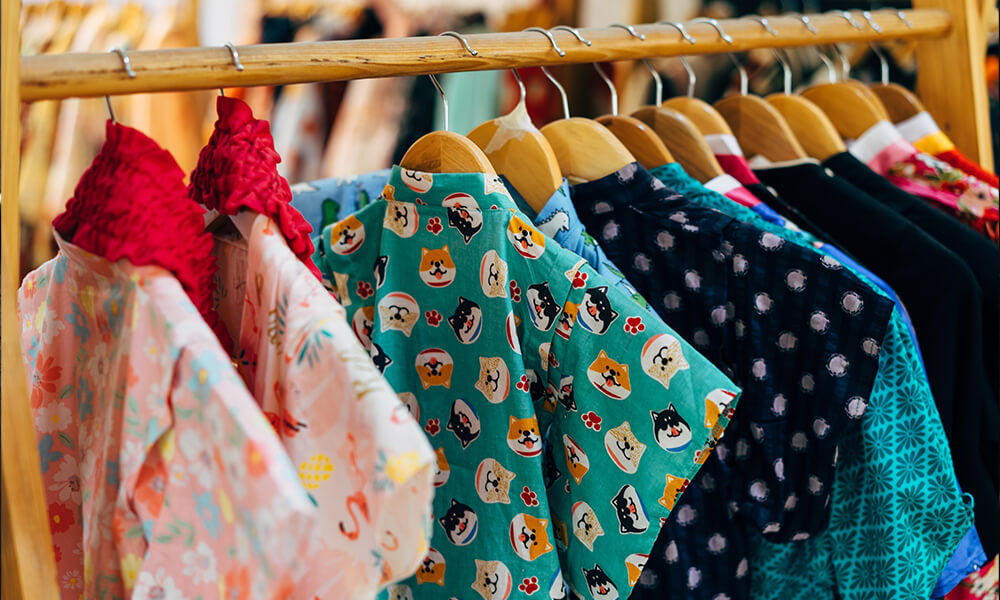Clothing serves far more than just practical purposes; it is also a means of self-expression and a way to signal social identity. Our clothing choices reflect our personality, cultural background, social status, and even our political beliefs. In this article, we will explore the role of clothing in shaping social identity and expression.
Historical and Cultural Significance of Clothing

Clothing has played an essential role in human history and culture. Since ancient times, clothing has been used to signify social status, occupation, and religious affiliation. In medieval Europe, clothing laws restricted certain fabrics and styles to specific social classes, such as royalty, nobility, or peasants.
Today, clothing still serves as a means of social identification, although the distinctions are not as rigid as in the past. Different social groups often have their own unique clothing styles that reflect their values, beliefs, and lifestyle. For example, punk rockers may wear ripped jeans, leather jackets, and band t-shirts to express their anti-establishment and rebellious attitude.
Clothing and Personal Identity
Clothing also plays a crucial role in shaping our personal identity. Our clothing choices can reflect our personality, mood, and self-image. For example, someone who wears bright, bold colors may be seen as outgoing and confident, while someone who wears neutral, muted colors may be perceived as more reserved and introverted.
Clothing can also influence our behavior and emotions. Studies have shown that wearing formal clothing can make people feel more powerful, confident, and competent. On the other hand, wearing comfortable, casual clothing can make people feel more relaxed and approachable.
Clothing and Social Identity
Clothing can also signal social identity and group affiliation. People often dress in a way that reflects their cultural, religious, or ethnic background. For example, Muslim women may wear hijabs or burqas to express their religious identity, while members of the LGBTQ+ community may wear rainbow clothing or accessories to show their support for the community.
Clothing can also reflect social status and economic class. People who can afford expensive designer clothing may wear them to signal their wealth and status. Conversely, people who cannot afford designer clothing may wear cheaper alternatives or second-hand clothing to fit in with their economic class.
Clothing serves as a powerful means of self-expression and social identification. Our clothing choices reflect our personal identity, cultural background, social status, and political beliefs. By understanding the role of clothing in shaping social identity and expression, we can gain a deeper insight into the complex ways in which we communicate with our clothing choices.




